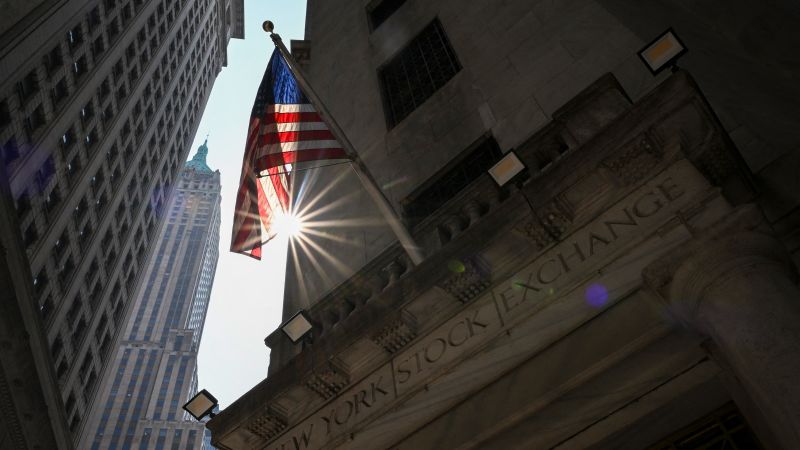UPDATE: Tesla’s stock has surged an astonishing 75% over the past year, reaching near record highs, despite growing skepticism about its fundamental business model. Analysts at Bank of America revealed that Tesla’s core automotive operations account for just 12% of the company’s total value, raising urgent questions about its sustainability and future direction.
While Tesla has been celebrated as the world’s most valuable car manufacturer, with a staggering market capitalization of $1.5 trillion, experts are now scrutinizing its pivot away from traditional car sales. Elon Musk, the CEO, has declared that Tesla is no longer just a car company but is evolving into an AI and robotics firm. However, this transition raises alarms as the company’s ambitious projects, such as robotaxis and humanoid robots, remain in development and are years away from realization.
Bank of America analysts noted that the future of Tesla is heavily reliant on products that “either don’t yet exist or don’t exist at scale.” Currently, 45% of the company’s value is tied to the anticipated success of robotaxis, while 17% hinges on its unreliable “full self-driving” software. This reliance on speculative ventures has sparked concerns among seasoned investors, who might question the wisdom of investing in a stock trading at 200 times earnings.
Yet, the market’s reaction has been overwhelmingly positive. Tesla’s stock continues to climb, driven by a culture of “number go up,” where market sentiment overrides traditional valuation metrics. The company’s ability to attract investors despite its questionable fundamentals mirrors the behavior seen in the volatile cryptocurrency market.
In a striking parallel, Bitcoin has also seen dramatic gains, skyrocketing 700% over the past five years, despite its own challenges and volatility. Jamie Dimon, CEO of JPMorgan Chase and a long-time crypto skeptic, acknowledged the legitimacy of blockchain technology earlier this month, highlighting a shift in perception around digital currencies.
The prevailing sentiment on Wall Street has morphed into a mindset where buying the dip is the go-to strategy, leading many to overlook the risks of market bubbles. “It stands to reason that over time, if investors bought every significant decline, then it would have worked out for them,” stated Steve Sosnick, chief strategist at Interactive Brokers. However, he cautioned that not every investor has the luxury of unlimited funds or time to keep investing.
As Tesla’s stock soars, the implications for investors are profound. Those who have placed their faith in Musk’s vision have seen remarkable returns, while those who maintain a more traditional investment philosophy may find themselves missing out on significant financial gains.
NEXT STEPS: Investors are urged to closely monitor Tesla’s upcoming earnings reports and announcements about its ambitious projects. As the market dynamics continue to evolve, the question remains: will the reliance on speculative ventures ultimately pay off, or is it a recipe for disaster? The world is watching, and the stakes have never been higher.
